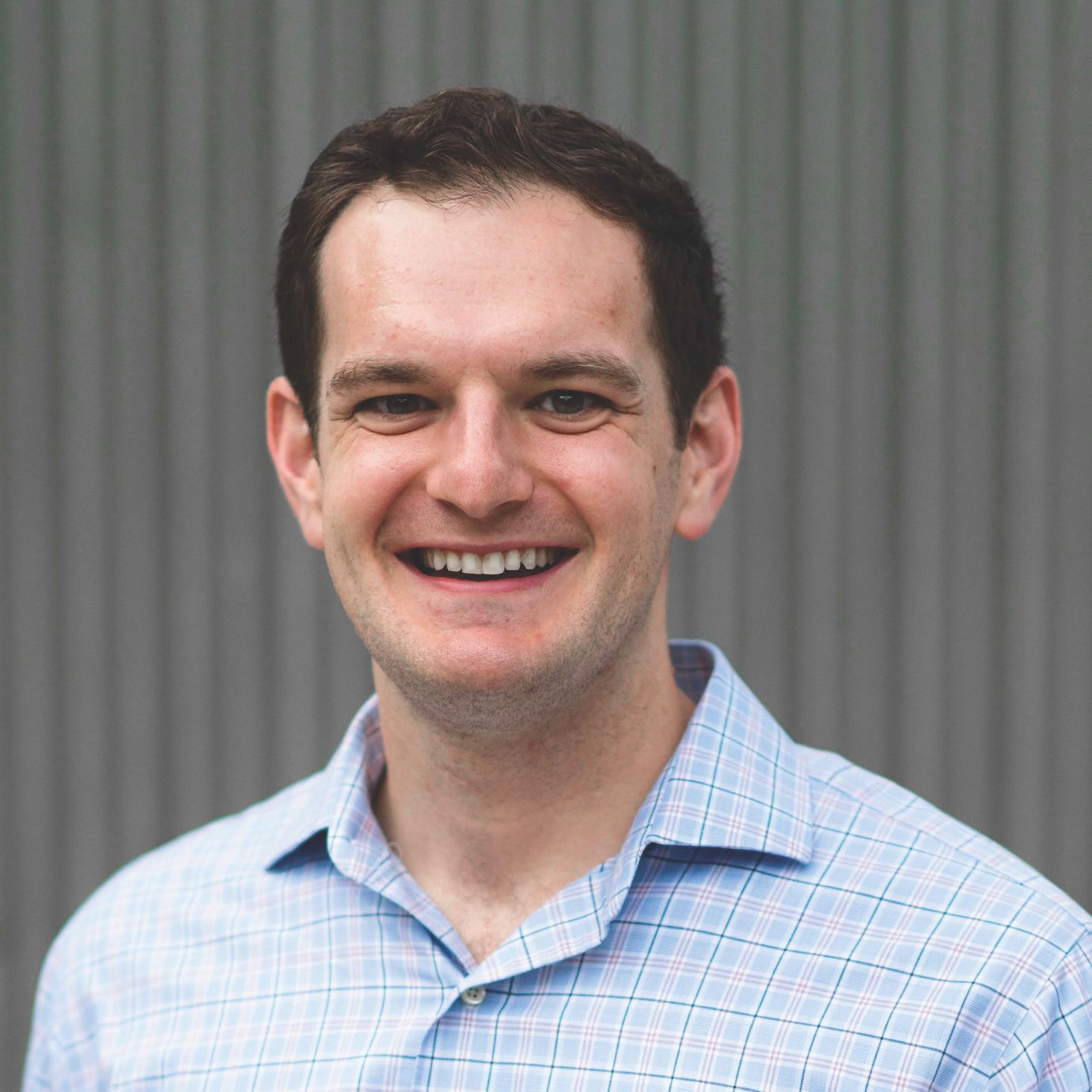Changing Lives Through Groundbreaking Science
Using robust scientific and lay review, in the 2024 cycle, the GI Research Foundation awarded $600,000 to eight investigators at the University of Chicago for novel research projects.
2024 Innovation Awards
Characterization Of Novel Bile Acids in Patients with Liver Disease
Matthew A. Odenwald, MD PhD
THE PROBLEM
Patients with cirrhosis have altered gut microbiome compositions and chemicals (metabolites) that gut bacteria produce and modify, including bile acids (BA). BAs are made by the liver and secreted into the intestine where bacteria modify them into diverse molecules. BAs are increasingly recognized to act as signaling molecules that can influence health and disease. Low levels of beneficial bacteria and alterations in fecal BAs correlate with infections and mortality in patients with liver disease.
THE HYPOTHESIS
In our patient cohort, we identified modified secondary BAs that are bound to amines, organic compounds derived from ammonia by replacement of hydrogen (A-BA). A-BAs were only recently discovered. Many of the molecules have never been reported in patients. Our research seeks to answer these fundamental questions. How are A-BA produced? Can A-BA interact with human physiology? Is there an association between A-BA levels and disease?
We hypothesize that A-BAs will:
-
- correlate with microbiome genetic composition,
- be able to interact with human physiology through BA-activated receptors, and
- impact clinical outcomes in patients with liver disease.
THE RESEARCH PLAN
Further analyze data unique to the University of Chicago:
-
- 1,405 fecal samples from 382 patients with liver disease.
- 1,695 samples derived from healthy donors, to study the genetic mechanisms of BA modification.
- The entire medical record of each recruited patient.
THE GOAL
-
- Knowledge: a deeper understanding of the role bacteria play in shaping bile acid (BA) metabolism and the interplay between BA metabolism and liver disease.
- Better treatment: facilitate the development of more precisely targeted microbiome therapies. This has implications for treating patients with liver diseases such as cirrhosis and patients with digestive diseases such as IBD.
“These grants focus on research that advances the diagnosis, treatment, prevention, and cure of digestive diseases. Additionally, the goals of the grants program include to:
- Help build the field by funding emerging scientific leaders
- Provide seed funding for innovative ideas that, if successful, could result in larger grants from funders such as the National Institutes of Health
- Fund bold research ideas that might have risk of failure but high reward for success, as these projects have difficulty securing funding elsewhere
Thank you to our grant review committee members and scientific advisors who read and scored proposals with a focus on ensuring the recommended projects meet our mission and are centered on advancing patient care and outcomes.”


